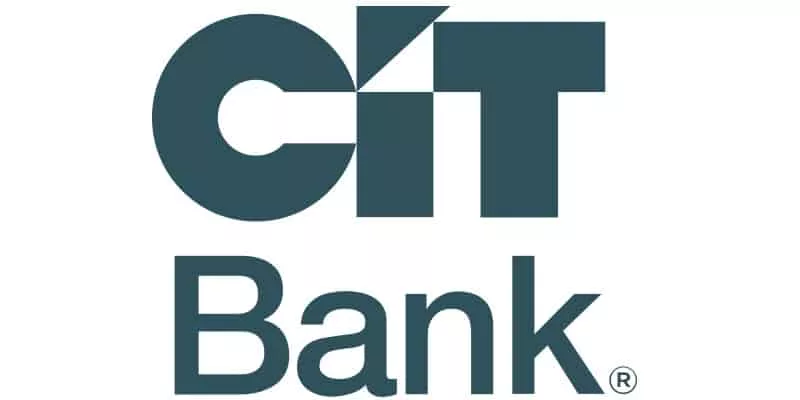Yes, money market accounts are insured by the FDIC up to $250,000 per depositor, per account ownership category, and per bank.
This means that if you have more than $250,000 in money market accounts at one bank, only the first $250,000 will be FDIC-insured. However, you can have more than $250,000 in FDIC-insured money market accounts if you have them at different banks.
What are money market accounts
Money market accounts are a type of savings account that typically offer higher interest rates than traditional savings accounts. They may also have higher minimum balance requirements along with monthly maintenance fees.
However, some of the best money market accounts offer more features than traditional savings accounts, such as the ability to write checks, set-up direct deposit and make direct debits and withdrawals.
How does FDIC insurance work for money market accounts?
Money market accounts are typically FDIC insured, just like traditional savings accounts. This means that if your bank fails, you will be reimbursed up to $250,000 for each money market account you have with that bank.
It’s important to note that if you have joint accounts with another person, the coverage limit is $250,000 per co-owner, per insured bank, for each account ownership category.
What types of accounts are covered by FDIC insurance?
FDIC insurance covers a wide range of deposit accounts, including checking accounts, savings accounts, money market accounts, and certificates of deposit (CDs).
FDIC insurance also covers certain retirement accounts, such as individual retirement accounts (IRAs) and self-directed 401(k) plans. However, investments in stocks, bonds, mutual funds, or other securities are not covered by FDIC insurance.
How can you ensure your money market account is FDIC insured?
The easiest way to ensure that your money market account is FDIC insured is to check with your bank. Most banks will prominently display the FDIC logo on their website and in their branches if they offer FDIC-insured accounts.
You can also use the FDIC’s BankFind tool to search for your bank and confirm that it is FDIC insured.
Benefits of FDIC insurance
- Your money is protected in the event of a bank failure.
- You can access your money quickly and easily.
- FDIC insurance is free.
Risks of FDIC insurance
- Your money is only insured up to $250,000 per depositor, per account ownership category, and per bank.
- If you have more than $250,000 in FDIC-insured accounts, you may need to spread your money across multiple banks.
- FDIC insurance does not protect you against losses due to fraud or theft.
Factors to consider when choosing a money market account
- Interest rate. The interest rate is one of the most important factors to consider when choosing a money market account. Make sure to compare interest rates offered by different banks before making a decision.
- Minimum balance requirement. Many money market accounts have minimum balance requirements. Make sure you can meet the minimum balance requirement before opening an account.
- Monthly fees. Some money market accounts charge monthly fees. Make sure you understand the fees associated with the account before opening it.
- Features. Some money market accounts offer more features than others, such as the ability to write checks, make direct debits and withdrawals, and use an ATM card. Make sure the account has the features you need before opening it.
Why open a money market account
One of the most attractive features of money market accounts is their liquidity. Money market accounts have no maturity date or term requirement like CD accounts. This means you can access your funds at any time without penalty.
However, there are some restrictions on the number of transactions you can make each month due to the restrictions of Regulation D.
The accessibility of money market accounts makes them a good option for people who need to be able to access their funds quickly and easily.
Money market accounts can be a good place to store money for unexpected expenses, such as tuition payments, emergency household repairs, or unexpected medical fees. You might also want to use a money market account to save for a spontaneous splurge or to hold your quarterly tax payments until they're due.
Benefits of money market accounts
- Liquidity. Money market accounts have no maturity date or term requirement, so you can access your funds at any time without penalty.
- Higher interest rates. Money market accounts typically offer higher interest rates than traditional savings accounts.
- More features. Some money market accounts offer more features than traditional savings accounts, such as the ability to write checks and make debit card purchases and withdrawals.
Drawbacks of money market accounts
- Minimum balance requirements. Many money market accounts have minimum balance requirements. If you fall below the minimum balance, you may be charged a fee.
- Monthly fees. Some money market accounts charge monthly fees. These fees can vary depending on the bank and the type of account.
- Limited access to funds. Money market accounts may have limited access to funds. For example, you may only be able to make six withdrawals per month without incurring a fee.
Money market accounts can be a good option for people who are looking for a safe and FDIC-insured place to save their money with easy access to funds.














